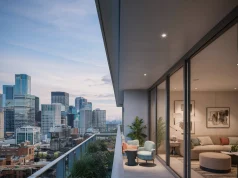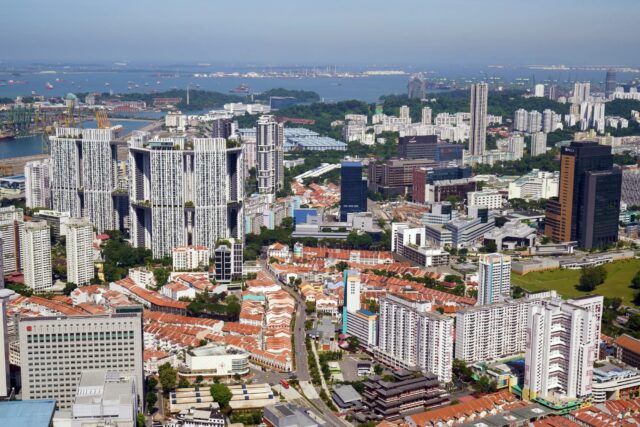
Is owning a home always the smarter financial move? The answer depends on where you live and your long-term goals. In one of the world’s most competitive real estate markets, deciding between purchasing and leasing can be complex. With rising property values and government regulations affecting affordability, making the right choice requires a sharp financial analysis.
Key Points
- Buying builds long-term equity, but upfront costs are significant.
- Leasing offers flexibility but doesn’t generate wealth.
- Location, market conditions, and taxes influence financial outcomes.
- Foreigners face restrictions and extra fees when purchasing.
- The decision depends on financial goals and lifestyle priorities.
Weighing the Costs of Buying – Is It a Smart Financial Move?
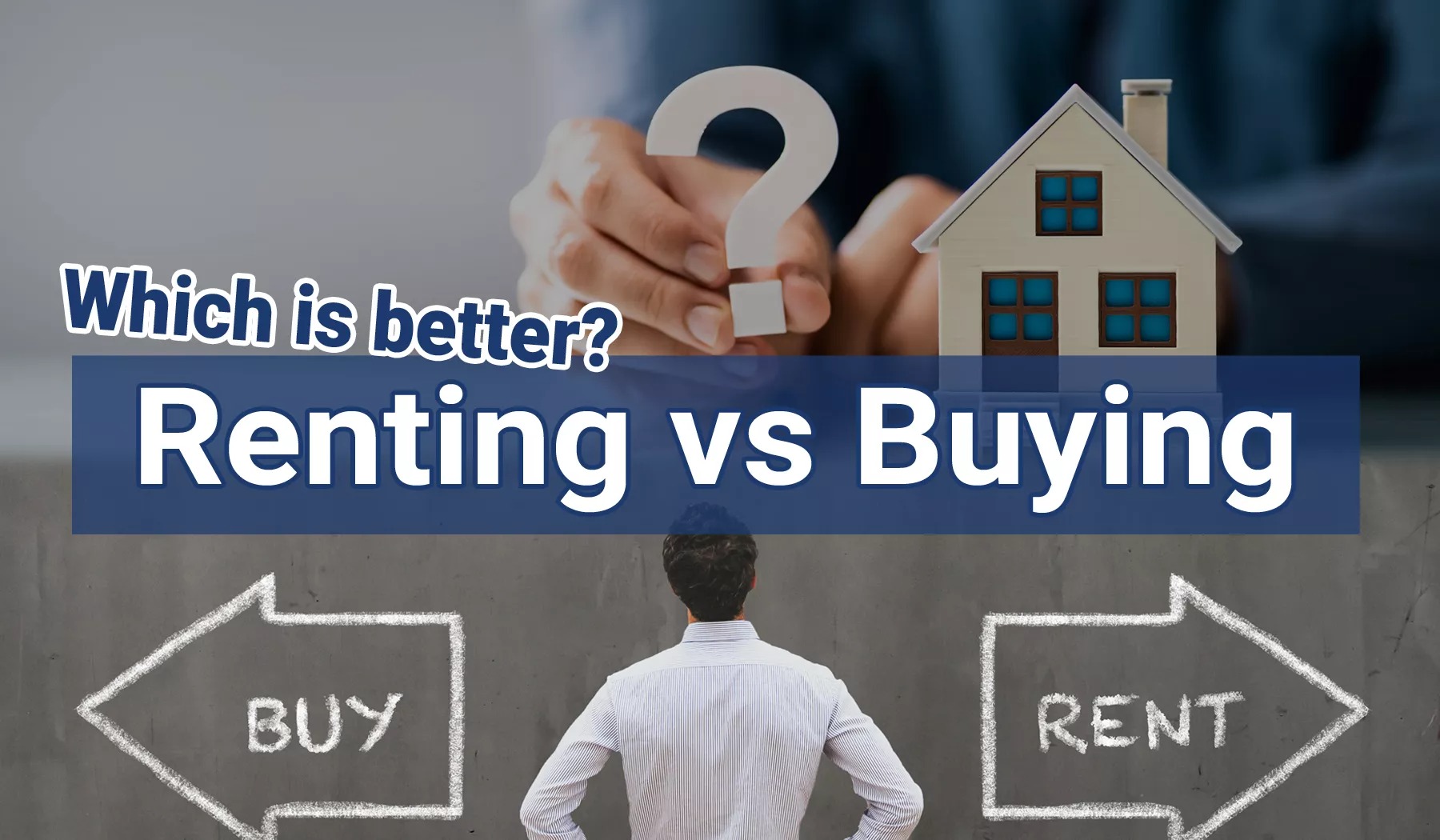
Ownership brings stability and long-term wealth accumulation, but it requires a substantial initial investment.
Financial commitment is the first thing to consider. The down payment alone can be a hurdle for many, with private apartments requiring at least 25% upfront.
Additional costs such as stamp duties and legal fees add up, making the initial investment significant. Maintenance is another factor. Once you own a home, you are responsible for property taxes, renovations, and unexpected repairs, which can sometimes cost more than anticipated.
However, the benefits can outweigh the costs. Homeownership allows for long-term capital appreciation, rental income potential, and a sense of stability. Those who intend to stay for an extended period and have the financial means to invest will likely find buying a wise decision.
For those seeking a balance of comfort and investment potential, buying an Elta condo is a compelling option. Located on Clementi Avenue 1, this development provides an urban lifestyle with high-end amenities, excellent connectivity, and access to top schools.
Whether you aim to own a home or secure a premium lease, its modern design and strategic location make it a standout choice in the housing market.
Residents enjoy facilities like a 50-metre lap pool, lush gardens, and a tennis court—all within a well-connected neighborhood. With its completion set for 2029, it promises an exceptional living experience for both investors and homeowners.
Why Leasing Appeals to Expats and Young Professionals
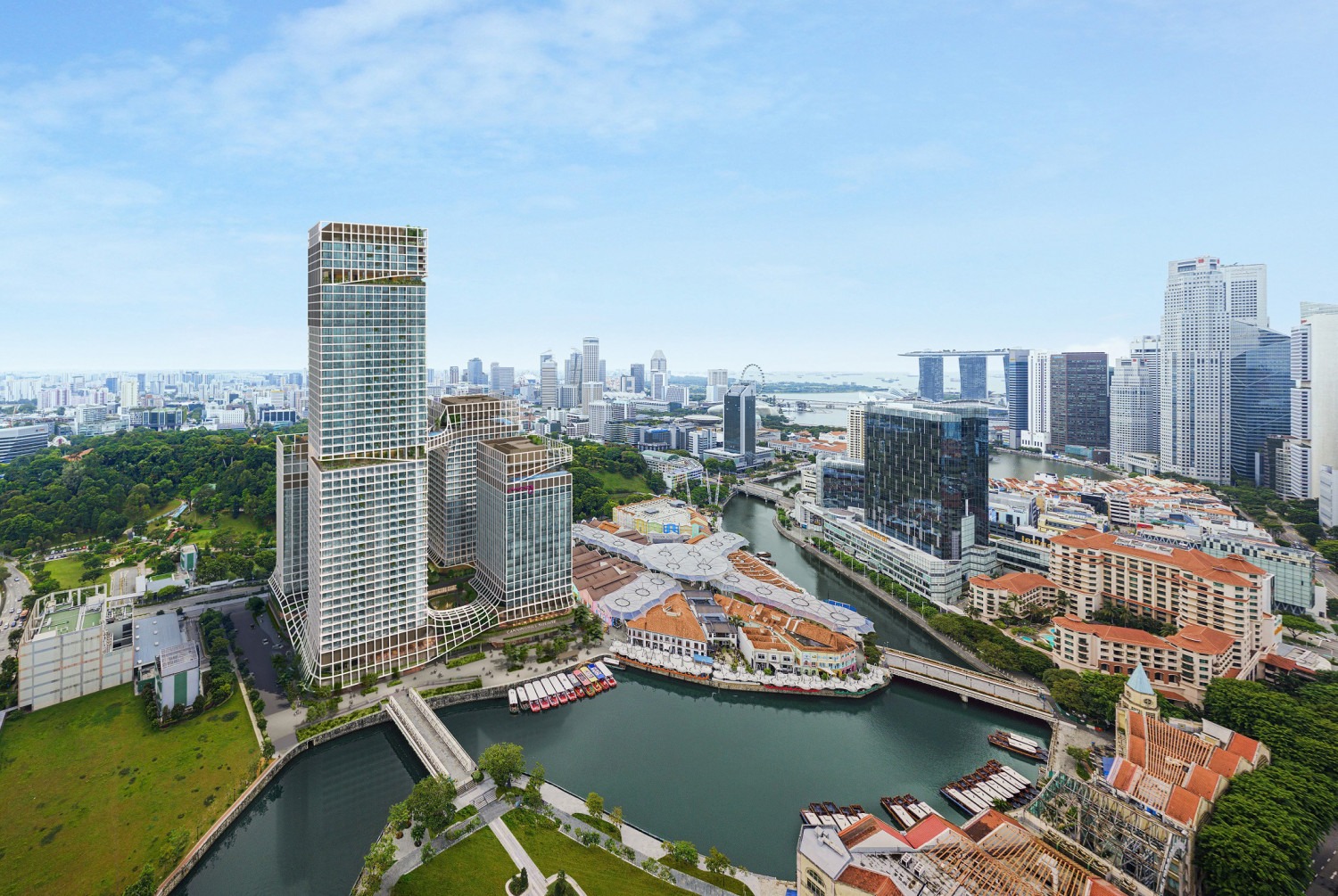
For short-term residents or those uncertain about long-term commitments, leasing offers flexibility.
- Lower Initial Costs – No large down payment or stamp duties.
- Easier Relocation – Suitable for professionals on work contracts.
- No Maintenance Hassles – Repairs and upkeep fall on landlords.
- Access to Prime Locations – High-end apartments in top districts become accessible without massive upfront investment.
Short-term flexibility and minimal financial risk make leasing attractive for those still evaluating long-term plans.
Market Trends: Should You Buy Now or Wait?
The market has seen rising prices due to limited land supply and high demand.
Between 2020 and 2023, private home prices surged by 8.6%, with projections indicating steady growth. The government has introduced cooling measures to prevent overheating, including increasing Additional Buyer’s Stamp Duty (ABSD) rates for non-residents. Meanwhile, the leasing market remains competitive, but rental prices have begun stabilizing due to an influx of new developments.
The right time to invest depends on individual goals. If affordability is a concern, waiting for market adjustments may be strategic. For those seeking long-term security, purchasing sooner rather than later may be more beneficial.
Foreign Ownership: Restrictions and Additional Costs
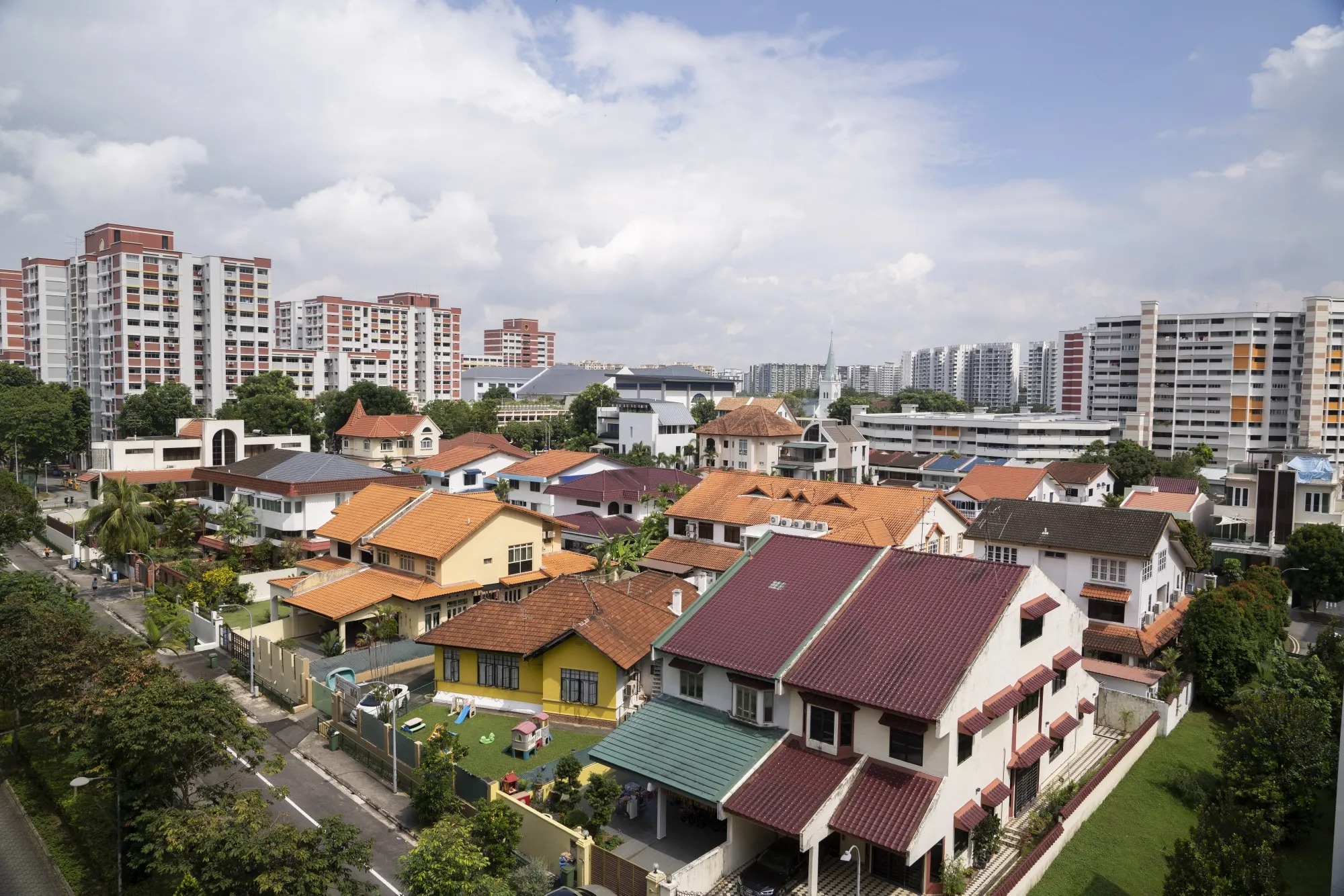
Foreigners face specific regulations and extra expenses when buying.
- ABSD Rates – Currently at 60% for non-residents purchasing private apartments.
- HDB Restrictions – Non-citizens cannot buy public flats unless under specific schemes.
- Condo Purchase Eligibility – Freehold and leasehold options available, with leasehold generally offering lower prices.
- Financing Challenges – Foreign buyers may need higher down payments and alternative financing solutions.
Understanding these factors helps expatriates and investors plan effectively.
The True Cost of Living – Beyond the Mortgage or Lease Agreement
Housing costs are just one part of the equation.
A homeowner has additional responsibilities such as property taxes, maintenance fees, and insurance. Those who lease, on the other hand, must consider annual increases and renewal negotiations. Utility bills, commuting expenses, and lifestyle costs in different neighborhoods can drastically affect overall expenses.
Choosing between owning and leasing goes beyond just the financial commitment. It’s essential to factor in all lifestyle and financial implications to avoid surprises.
Who Should Buy and Who Should Lease?

Buying is Ideal for:
- Long-term residents committed to staying for over a decade.
- Investors looking for stable appreciation and rental income.
- Citizens and PR holders with access to more affordable housing schemes.
Leasing is Better for:
- Expats uncertain about long-term residency.
- Professionals preferring mobility for career flexibility.
- Individuals without the financial reserves for a large down payment.
Each decision aligns with different financial and lifestyle goals.
Hidden Costs and Financial Surprises – What You Might Not Expect
Even well-planned housing budgets can be disrupted by hidden costs.
- Unexpected Repairs – Homeowners must be prepared for major repairs such as plumbing or electrical issues.
- Lease Renewal Hikes – Tenants may experience sudden rental increases upon contract renewal.
- Legal and Transaction Fees – Stamp duties, agent commissions, and legal fees add up for buyers.
- Furnishing & Upkeep – Buyers and tenants alike often underestimate the cost of furnishing a home.
Awareness of these hidden expenses helps in making a fully informed decision.
Future Projections: What Lies Ahead?
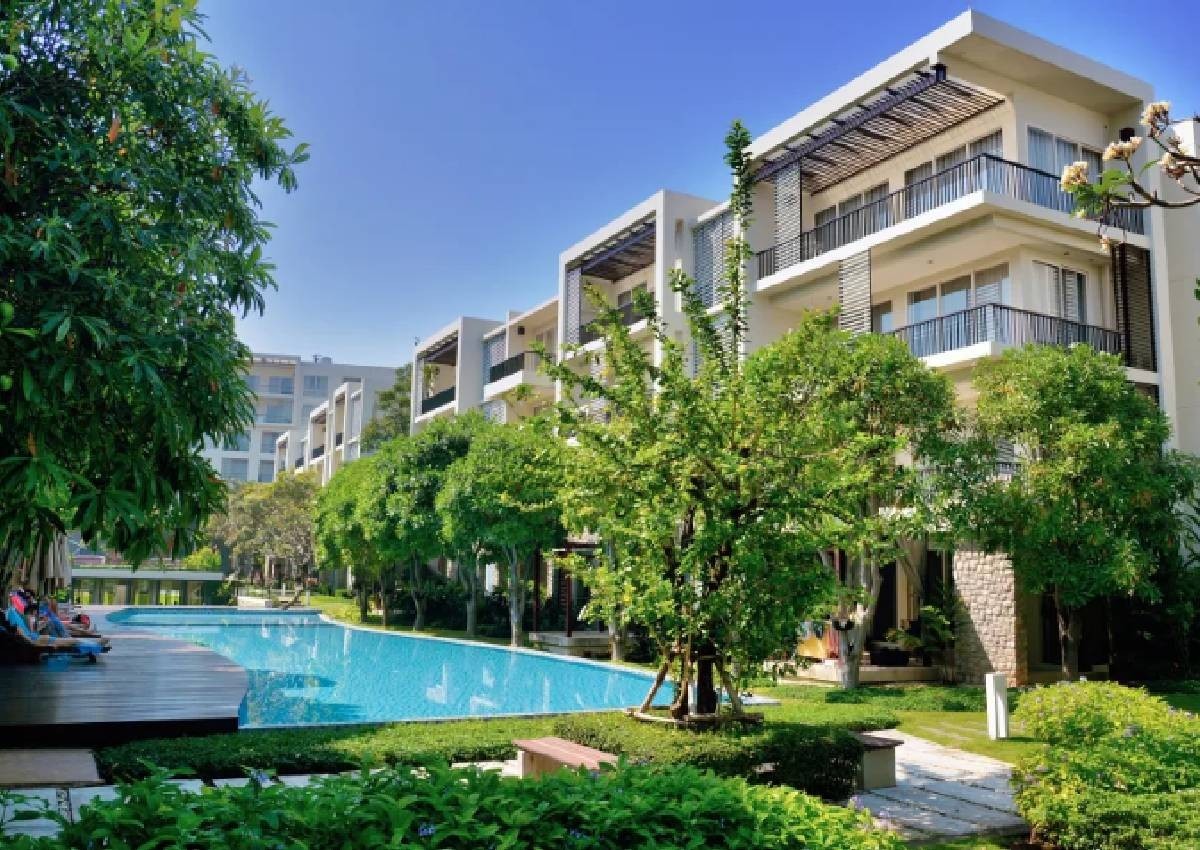
With ongoing urban development and economic shifts, future projections influence decision-making.
- Rising Housing Supply – New residential projects will expand available inventory.
- Potential Interest Rate Adjustments – Loan costs may fluctuate, affecting affordability.
- Government Regulations – Policies may shift, influencing investment strategies.
- Long-Term Stability – The country remains a global financial hub with strong property market fundamentals.
Anticipating changes ensures smarter investment and leasing decisions.
Final Thoughts
Both options come with advantages and trade-offs. Those seeking stability, wealth accumulation, and long-term security benefit from purchasing. Those valuing flexibility, liquidity, and lower upfront costs find leasing more practical.
Evaluating financial capacity, market conditions, and lifestyle goals helps determine the right choice. Whether securing a high-end apartment or investing in long-term appreciation, aligning property decisions with personal strategy ensures the best financial outcome.






